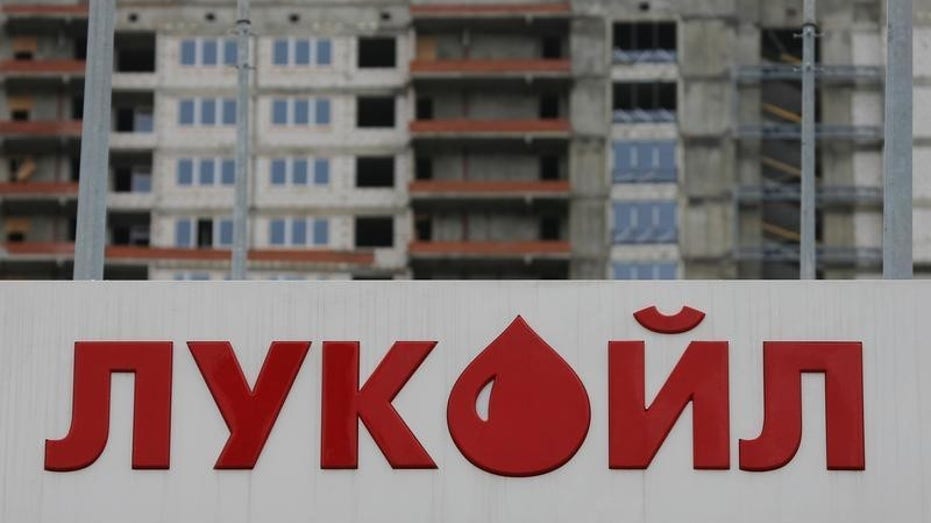Ukraine-Russia conflict could push oil prices to $130, expert says
American consumers are already facing steep prices at the pump
War in Ukraine would increase already sky-high inflation for Americans
Power The Future executive director Daniel Turner and Fox Business contributor Scott Martin discuss the effect of Biden's policies on inflation on 'Fox Business Tonight.'
Oil prices hit an eight-year high this week, briefly topping $105 a barrel for the first time since 2014 – and Russia's full-blown attack on Ukraine on Thursday could push prices even higher.
Rystad Energy chief executive Jarand Rystad wrote in an analyst note this week that crude oil prices could surge to $130 a barrel in the wake of the Ukrainian invasion, "squeezing" consumers who will face steeper prices at the pump.
LIVE UPDATES: WORLD REACTS AS PUTIN ORDERS TROOPS INTO UKRAINE
That's because the conflict threatens to jeopardize up to 1 million barrels a day of crude that flows through Ukraine and the Black Sea. The long-term disruptions could be "far more significant," Rystad said.

Ukrainian soldiers take positions in downtown Kyiv, Ukraine, Friday, Feb. 25, 2022. Russia pressed its invasion of Ukraine to the outskirts of the capital Friday after unleashing airstrikes on cities and military bases and sending in troops and tanks (AP Newsroom)
U.S. consumers are already facing sticker shock at the pump. A gallon of gas, on average, cost $3.57 nationwide on Friday, according to AAA – up from $2.67 a year ago. In California, gas prices are well over $4 per gallon.
Russia is the world's second-largest producer of both oil and natural gas; a conflict or sanctions could disrupt the oil market even further at a time when high demand is outpacing tight supplies. OPEC and other oil-producing nations, together known as OPEC+, have resisted calls to boost supply.
Germany already halted the certification of the Nord Stream 2 gas pipeline from Russia, while the U.S. and the European Union have also levied harsh financial sanctions against Moscow after it launched a wide-ranging attack on Ukraine that reverberated throughout the rest of the world.

The logo of Russia's oil producer Lukoil is seen at its petrol station in Moscow, Russia, June 6, 2016.
In a bid to reduce prices at the pump, President Biden on Thursday suggested the U.S. and its allies release oil from a global petroleum reserve in the coming days.
CLICK HERE TO READ MORE ON FOX BUSINESS
The U.S. is expected to release between 30 million and 35 million barrels, which would be carried out over time, according to Politico, citing a person familiar with the matter. The administration is trying to coordinate the release with foreign governments, including those in China and Japan.
"We are actively working with countries around the world to elevate collective release from the strategic petroleum reserves of major energy-consuming countries," Biden said in remarks from the White House on Thursday. "The United States will release additional barrels of oil as conditions warrant."





















